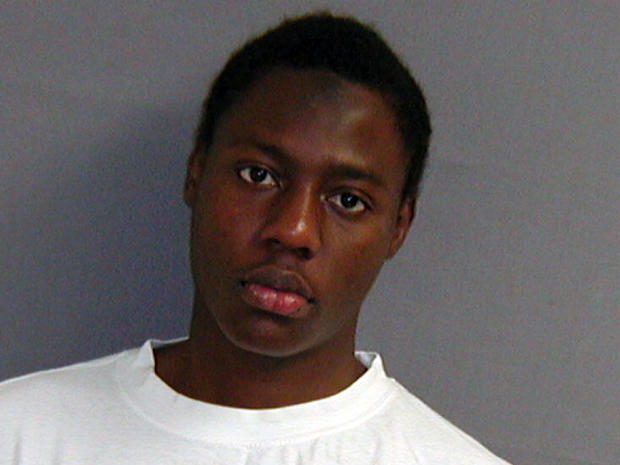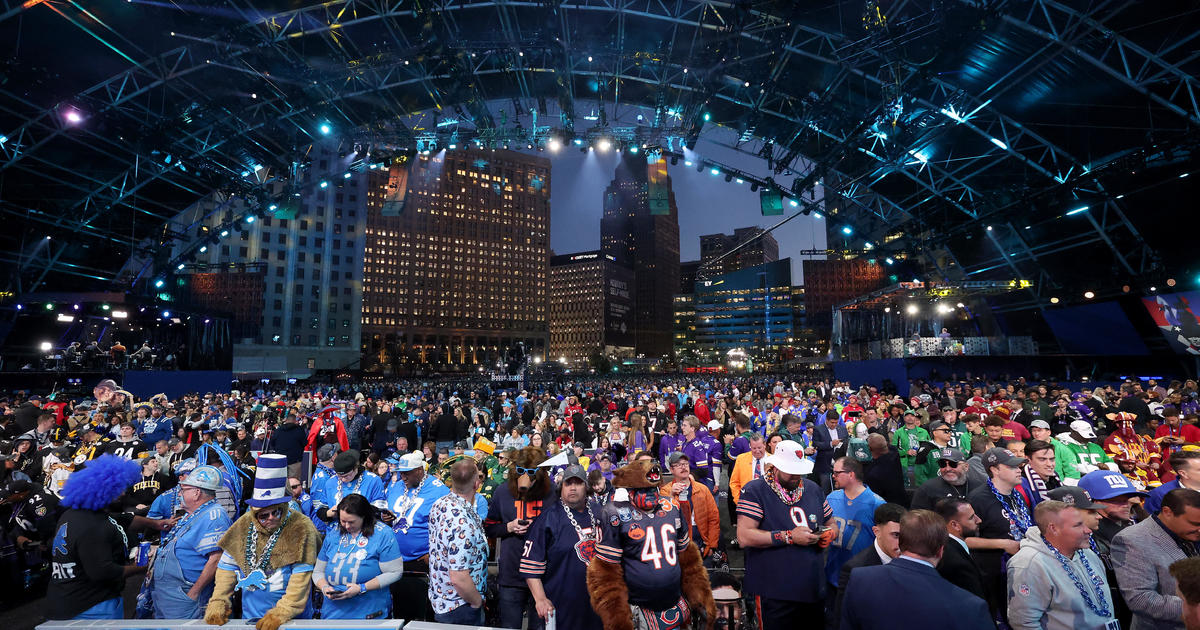'Underwear Bomber' Sues Government Over Treatment In Supermax Prison
DETROIT (WWJ) - A Nigerian man dubbed the "underwear bomber," who attempted to blow up a Detroit-bound jet on Christmas Day 2009, is reportedly suing the federal government over the way he's been treated in prison.
Umar Farouk Abdulmutallab filed a lawsuit this week against the Federal Bureau of Prisons and U.S. Attorney General, claiming his treatment in a maximum security prison violates his constitutional rights.
In the lawsuit Abdulmutallab claims he has been kept in long-term solitary confinement and prohibited from communicating with family members. The confinement has allegedly restricted Abdulmutallab's ability to practice his Muslim religion, according to the suit, and participate in group prayer. The lawsuit also claims that Abdulmutallab is allegedly subjected to harassment from "white supremacists" while prison guards turn a blind eye.
The lawsuit claims Abdulmutallab's First, Fifth and Eighth Amendment rights have been violated, as well as his rights under the Religious Freedom Restoration Act. He has been held at the ADX Supermax prison, 90 miles south of Denver, since 2012. The Supermax houses some of the country's most notorious criminals, including "Unabomber" Theodore Kaczynski, Oklahoma City bomber Terry Nichols and Boston Marathon bomber Dzhokhar Tsarnaev.
Abdulmutallab, now 30, pleaded guilty to trying to blow up an Amsterdam-to-Detroit jet with a bomb sewn into his underwear. The explosive failed to fully detonate, but caused a brief fire that badly burned his groin. Passengers pounced on Abdulmutallab and forced him to the front of the airplane where he was held until the plane, which had 290 people on board, landed minutes later.
Abdulmutallab, the well-educated son of a wealthy banker, talked freely to the FBI about his desire to commit martyrdom for his Islamic faith. He said the bomb in his underwear was a "blessed weapon" to avenge poorly treated Muslims around the world.
In 2009, months before the attack, Abdulmutallab traveled to Yemen in a desperate bid to see Anwar al-Awlaki, an American-born cleric and one of the best-known al-Qaida figures, according to the government. He told investigators that his mission was approved after a three-day visit with his mentor.
Al-Awlaki and the bomb maker were killed in a U.S. drone strike in Yemen in 2011, just days before Abdulmutallab's trial. At the time, President Barack Obama publicly blamed al-Awlaki for the terrorism plot. Abdulmutallab is an "unrepentant would-be mass murderer who views his crimes as divinely inspired and blessed, and who views himself as under a continuing obligation to carry out such crimes," prosecutors said in a court filing.
The case also had lasting implications for security screening at American airports. Abdulmutallab's ability to defeat security in Amsterdam contributed to the deployment of full-body scanners at U.S. airports. The Transportation Security Administration was using the scanners in some American cities at the time, but the attack accelerated their placement. There are now hundreds of the devices nationwide.




